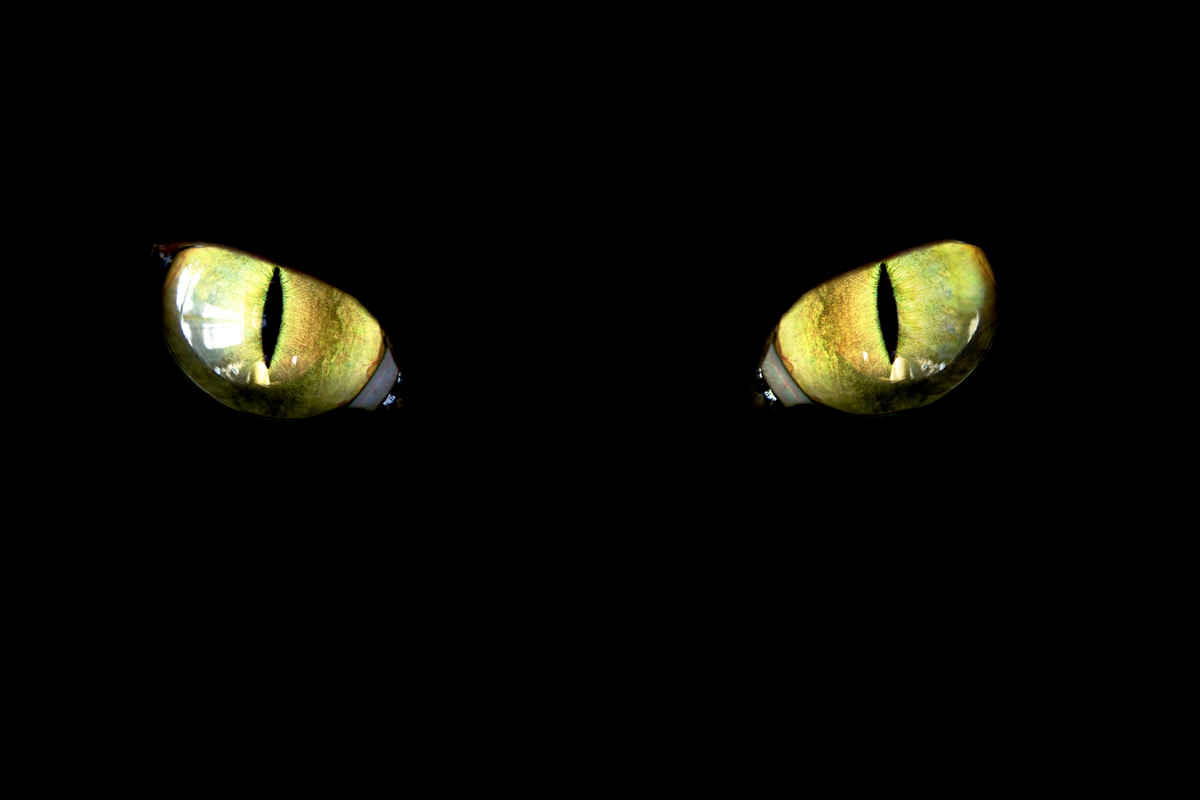Scientists have found out how superstitious beliefs can become established in a society’s social norms even though they are widely recognised to be irrational.
The research, published in the journal Proceedings of the National Academy of Sciences, shows how groups of individuals, each starting with distinct belief systems, can evolve a coordinated set of behaviours that are enforced by a set of consistent social norms.
Advertisement
“What’s interesting here is that we show that, beginning in a system where no one has any particular belief system, a set of beliefs can emerge, and from those, a set of coordinated behaviours,” said Erol Akcay, an assistant professor at University of Pennsylvania in the US.
“Slowly, these actors accumulate superstitions,” said Bryce Morsky, a postdoctoral researcher.
People believe that when they observe an event they should behave in a particular manner because another person will behave that way.
“Over time, if they have success in using that kind of a strategy, the superstitions catch on and can become evolutionarily stable,” Morsky said in a statement.
The research is an application of game theory, which attempts to predict how people will interact and make decisions in a social setting.
In their model, researchers assume that individuals are rational, in that they do not follow a norm blindly, but only do so when their beliefs make it seem beneficial.
They change their beliefs by imitating successful people’s beliefs. This creates an evolutionary dynamic where the norms “compete” against one another, rising and falling in prevalence through the group.
This evolutionary process eventually leads to the formation of new social norms.
The team showed that the evolutionarily stable norms, those that cannot be replaced by others, have to be consistent, meaning that they successfully coordinate individual behaviour.
They found that these evolutionarily stable norms, in both prescribing how an actor should behave and also describing that actor’s expectations of how others should behave, create a consistent belief system that helps coordinate the overall behaviour of many actors, even if that coordination is not being directed by any outside choreographer.
To further explore their findings, the researchers hope to engage in social experiments to see whether individuals might start devising their own superstitions or beliefs when none are provided.











